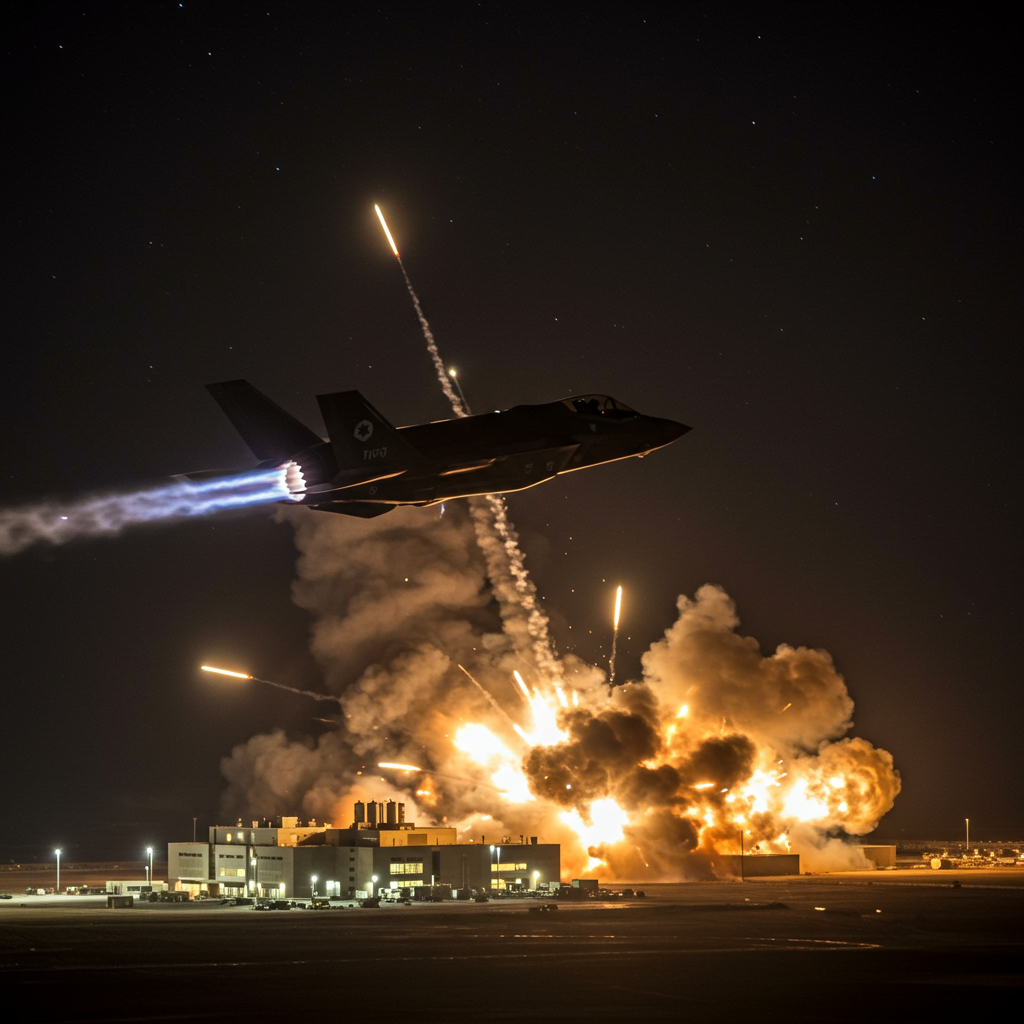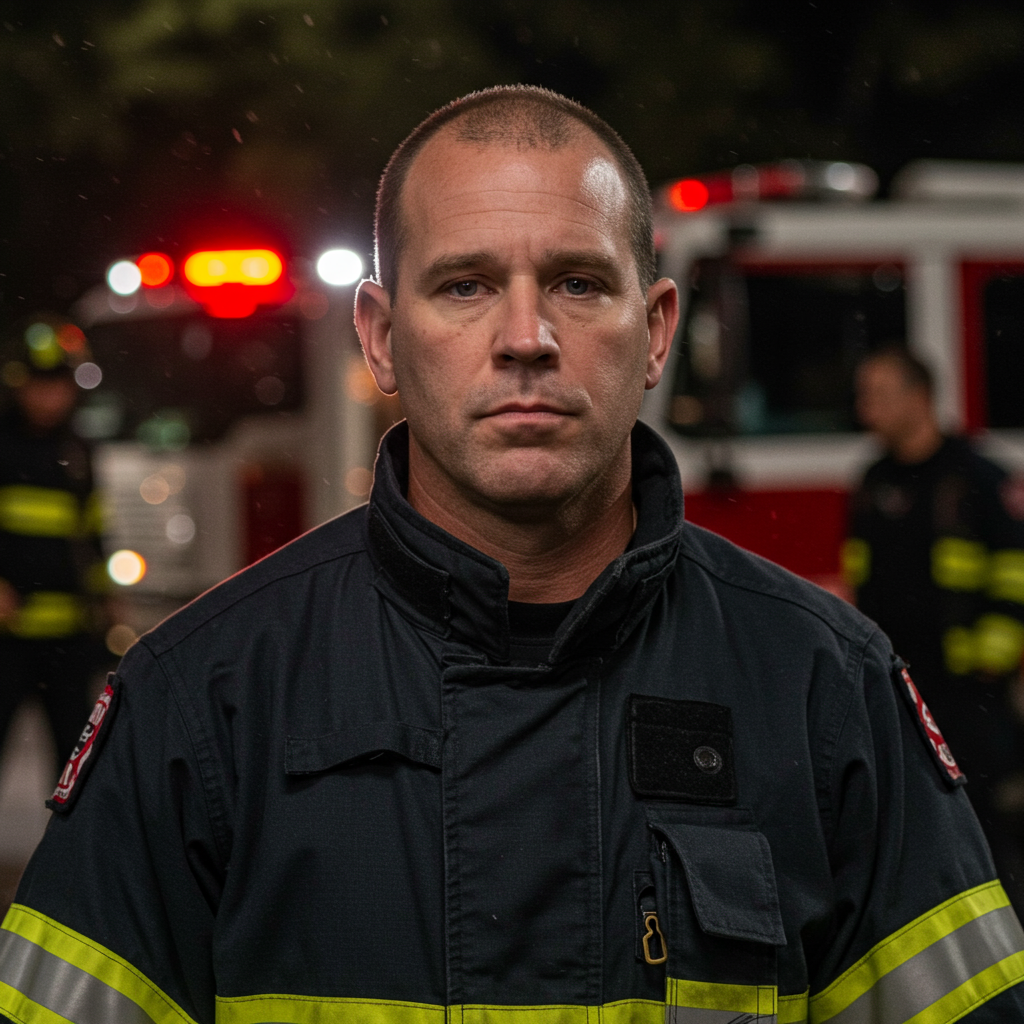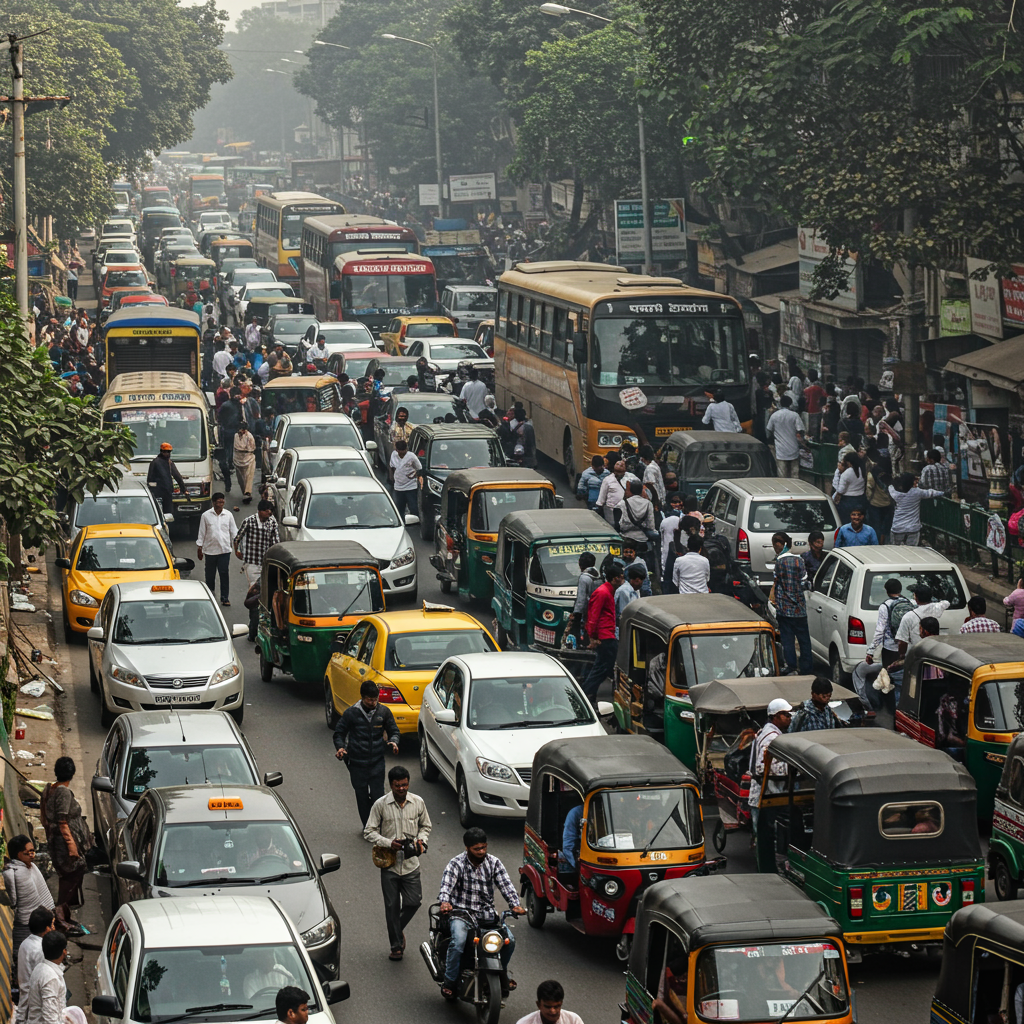For the people of Cameroon’s English-speaking North-West and South-West regions, finding safety has become an elusive dream. A near-decade-long conflict, pitting armed anglophone separatists against government military forces, has turned daily life into a brutal struggle for survival. Civilians are caught in the middle, facing violence, abduction, and loss from all sides in a war that has largely unfolded away from the world’s attention.
Ngabi Dora Tue knows this reality intimately. Overcome by grief, she stood beside the coffin of her husband, Johnson Mabia, in Limbe. Johnson, an English-speaking civil servant, was on a work trip four years ago when he and five colleagues were abducted by armed separatists. These militants are fighting for the independence of Cameroon’s two anglophone regions, seeking to create a state they call “Ambazonia” from the predominantly francophone country.
Dora desperately tried to reach Johnson. When militants finally contacted her, they demanded a ransom of over $55,000 (£41,500) within 24 hours. Tragically, before she could act, a relative called with devastating news: Johnson was gone. Abducted on a Tuesday, killed by Friday. The separatists were not only responsible for his murder but had also gruesomely decapitated him, leaving his body on the roadside. Years later, the bodies of his five colleagues, kidnapped with him, were also found.
Roots of the Conflict: A History of Grievance
The current wave of violence has deep roots stretching back to Cameroon’s path to full independence in 1961 and the formation of a unified state in 1972. Following German colonial rule, Cameroon was divided between French and British mandates. The union of these two parts created a nation with distinct French and English-speaking populations, each with different legal and administrative systems.
The English-speaking minority has long felt marginalized by the central government, perceiving an erosion of their rights and the imposition of francophone practices, particularly within the legal system. These grievances boiled over in late 2016 with peaceful protests against the perceived creeping use of the francophone legal system in regional courts.
The government’s response was swift and severe. Security forces cracked down with what the African Union described as a “deadly and disproportionate use of violence,” involving beatings, intimidation, and mass arrests. This brutal reaction fueled the escalation. Armed groups formed, and in late 2017, separatist leaders declared independence for the ‘Federal Republic of Ambazonia,’ transforming peaceful dissent into open conflict.
A Humanitarian Crisis: The Human Cost
The impact on civilians has been catastrophic. An estimated five million anglophone Cameroonians – roughly one-fifth of the country’s population – have been dragged into the conflict. At least 6,000 people have been killed, and hundreds of thousands have been forced to flee their homes, becoming internally displaced or refugees in neighboring countries.
Blaise Eyong, a journalist from Kumba in the South-West region, whose family was forced to flee in 2019, described the pervasive fear: “We used to wake up in the morning to dead bodies on the streets… People’s body parts chopped off. How do you live in a city where every single morning you’re worried if your relatives are safe?” This chilling account underscores the daily reality of living under the constant threat of violence.
Accusations and Impunity: Abuses by All Sides
Both separatist groups and government security forces face widespread accusations of committing grave human rights abuses, operating with apparent impunity.
Separatist Violence: Separatist militants employ tactics including kidnapping for ransom, as seen in Johnson Mabia’s case, and the killing of those they perceive as obstacles. They have also targeted education, viewing it as a tool of government propaganda. This has led to nearly half the schools in the region being shut, depriving an estimated 1.4 million children of urgent educational support and impacting an entire generation. A brutal attack on a school in Kumba in October 2020 killed at least seven children; while no group claimed responsibility, the government blamed separatists. The Ambazonia Defense Forces (ADF), a major separatist group, deny attacking civilians or schools, blaming such acts on independent “fringe entities” or even government infiltrators seeking to discredit their cause.
Government Brutality: Human Rights Watch and other organizations have documented systematic abuses by Cameroonian security forces during counter-insurgency operations. These include the burning of villages, arbitrary and unlawful arrests, torture, and extrajudicial killings. “John” (not his real name) recounted being arbitrarily arrested and tortured by military forces alongside a friend on suspicion of buying weapons for separatists. Forced to sign a document without reading it, they were beaten severely. John was later released without charge, only to learn that his friend had died from the torture injuries sustained in custody. John, like many others, now lives in constant fear.
Emerging Factions: The conflict has become even more complex with the emergence of pro-unity militant groups operating within the anglophone regions, fighting against* the separatists. A leader of one such group, John Ewome (known as Moja Moja), was arrested in May 2024 and also faces accusations of human rights violations, including public humiliation and torture of suspected separatist sympathizers – allegations he denies.
Eroding Trust and Failed Resolution
The actions of all armed actors have severely eroded the trust of the civilian population. Barrister Felix Agbor Nkongho, a former leader of the 2016 protests, notes that while civilians initially hoped separatists would offer protection, their actions have destroyed that trust. Now, he states, civilians feel exploited by both the government and the fighters.
Attempts to resolve the crisis have yielded little practical progress. A government-led “major national dialogue” in 2019 established a ‘special status’ for the anglophone regions acknowledging their unique history, but failed to stop the violence. Despite calls for mediation, the government has reportedly resisted external involvement, and the separatist movement remains fragmented and heavily armed.
Meanwhile, the cycle of violence continues. “Joe” (not his real name) was kidnapped by militants and witnessed the execution of two fellow captives before being rescued by the military. For many families, like Ngabi Dora Tue, the loss is compounded by economic hardship and enduring trauma.
As the conflict rages on, leaving countless families grappling with unspeakable loss and uncertain futures, the chilling sentiment that “Nowhere is safe” remains the grim reality for the people trapped in Cameroon’s Anglophone regions. Without a political solution and an end to impunity, the humanitarian crisis will continue to deepen.
References
- https://www.bbc.com/news/articles/c6296pp1p6wo
- https://www.bbc.co.uk/news/articles/c6296pp1p6wo
- https://www.ghanaweb.live/GhanaHomePage/africa/Nowhere-is-safe-Cameroonians-trapped-between-separatists-and-soldiers-2042849
- https://thevoiceofafrica.com/2025/05/26/no-heroes-here-civilians-distrust-both-state-forces-and-separatists-in-cameroon/
- https://www.newsnow.com/us/World/Africa/Cameroon



